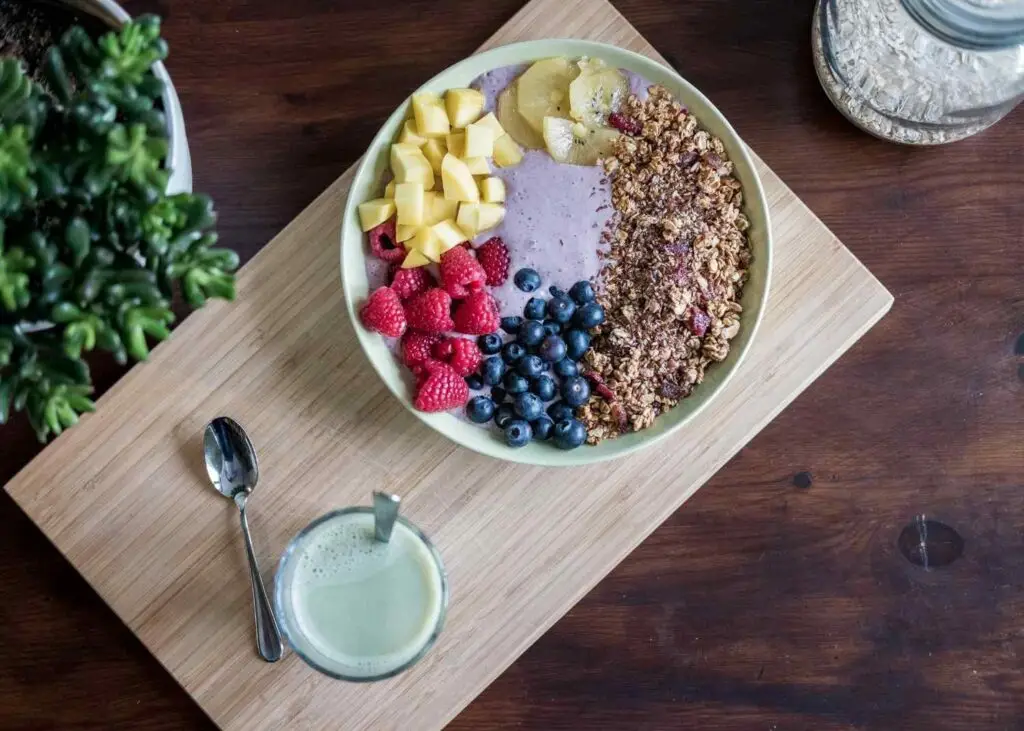Ultimate Guide to Improving Gut Health for Better Mental Health
Optimal gut health is super important for your overall health. It also plays a big part in your mental wellness. The link between your gut and brain, called the gut-brain axis, shows just how connected your digestive system and mental state are. This guide dives into how to boost your gut health, which can improve your mental health too. We’ve got lots of tips and strategies that you can use every day.

Understanding the Gut-Brain Link
It’s not just a metaphor; the gut-brain link is real. They’re connected by biochemical signals, including the vagus nerve—the body’s longest nerve—that chats directly between your gut and brain.
How Does It Work?
Neurotransmitters: Did you know your gut makes about 95% of your body’s serotonin? This helps regulate your mood, anxiety & happiness.
Gut Microbiota: Trillions of bacteria in your digestive system do more than digest food. They also influence mental health. Messing with them can spike stress levels.
Immune System Response: Your gut is a key player for the immune system. A compromised gut can stir up inflammation linked to issues like depression and anxiety
The Role of Gut Microbiota: Imagine trillions of bacteria in your gut. These microbes are crucial for digestion, immune function & mental health. A healthy gut microbiota reduces inflammation, boosts nutrient absorption, and produces neurotransmitters that influence mood.
How Gut Health Influences Mental Health: When your gut isn’t in tip-top shape, it can mess with your mental health. We’re talking anxiety, depression & stress here. Here’s why:
- Inflammation: Too many bad bacteria lead to inflammation, which ties into lots of mental woes.
- Serotonin Production: About 90% of serotonin is made in the gut; if it’s off-balance, so is your mood.
- Immune System: A strong gut backs up a strong immune system, keeping inflammation (and its effects) low.
Diet & Nutrition
What you munch on matters! A diet packed with diverse fruits, veggies, lean proteins & whole grains nourishes your gut flora.
Prebiotics & Probiotics: Foods with prebiotics (think onions, garlic, bananas) and probiotics (like yogurt, kefir & sauerkraut) help keep beneficial bacteria in check.
- Avoiding Harmful Foods
Stay clear of processed foods, excess sugars & high-fat stuff to decrease risk of inflammation and related mental issues.
- Stress Management
Stress is part of life but managing it helps both mind & body feel good.
Relaxation Techniques like meditation or yoga not only cut down stress but also boost gut health.
Regular Exercise fights stress while promoting a balanced microbiome in your gut.
- Sleep Patterns
Good sleep habits foster better overall health.
Consistency: Keep regular sleep and wake times.
Sleep Hygiene: Wind-down bedtime routines signal it’s time to relax.
Impact on Mental Health
- Anxiety & Depression: Imbalances in the gut may kick off mood swings or serious mental issues.
- Cognitive Functions: Healthy guts might support sharper thinking & lessen risks of disorders like dementia.
Boosting Both Gut & Mental Health
- Start Right: Choose morning meals good for the gut like oatmeal with yogurt or smoothies packed with fruits.
- Mindful Eating: Chew well and stay aware while eating to avoid overeating.
- Stay Hydrated: Drink lots of water—it supports digestion and a healthy gut lining.
Detailed Dietary Suggestions
- Incorporate Fermented Foods: Try adding miso and kombucha to get those good bacteria going.
- Gradually Increase Fiber: Slowly up fiber by adding more veggies or fruits each meal to avoid any tummy trouble.
- Balanced Meals: Each meal should have carbs, proteins & fats for overall & gut health
Gut Health Tips for Different Life Stages
From childhood till older adulthood—maintaining our gut’s health is vital:
Childhood
Early diets rich in varied fruits help establish lasting benefits!
- Example: Introduce different varieties encouraging diverse microbiotas!
Adulthood
Balancing life’s demands requires conscious effort towards stress management!
- Example: Regular exercise/hobbies/social connections prove beneficial reducing stress impacts!
Older Adulthood
Focused efforts promote continued gastrointestinal wellness despite aging effects!
- Example: Oats/berries/fermented vegetables work wonders towards maintaining desired levels!
Seeking Professional Help
See experts when experiencing persistent issues! Nutritionists develop personalized plans addressing needs while mental health professionals manage related symptoms through recommended therapies:
Working with Various Specialists Helps Create Balanced Eating Plans That Benefit Both Your Body And Mind Alleviating Many Problems Simultaneously!!!

Conclusion
Your gut isn’t just for digestion—it plays a big role in mental health too. Simple daily changes can lead to huge rewards. Keeping our tummies happy is super important for feeling good all around. It means munching on lots of fiber, probiotics & prebiotics. These things help keep our gut buddies (little microbes) in tip-top shape. Also, moving around enough, drinking plenty of water, and finding ways to chill out are essential too. Staying away from too many antibiotics and cutting back on junk food? That’s huge! It helps keep our gut friends balanced. A happy tummy can make digestion smoother, fight off bugs, lift our spirits & cut down on the chance of getting sick long-term. So, making smart choices in what we eat and how we live? That’s key to staying healthy for the long haul!
“Look after your body—& it will look after your mind. What’s gonna be YOUR first step toward better mental AND gut health today?.
Resources: Harvard Health Publishing



